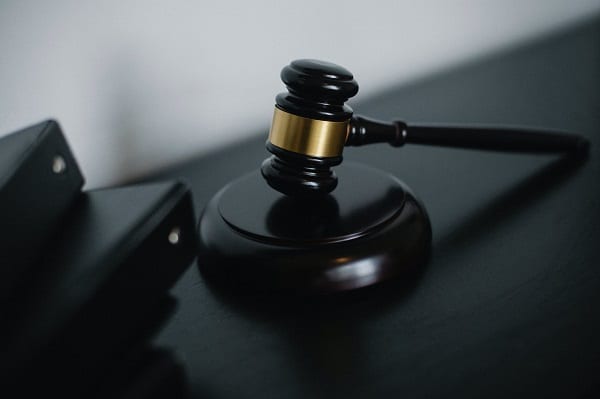BALTIMORE, MD—Maryland Attorney General Anthony G. Brown on Tuesday announced a $27 million settlement with Precision Toxicology, resolving allegations of fraudulent billing and kickbacks. The settlement stems from a multi-state investigation into the San Diego-based laboratory, one of the nation’s largest urine drug testing companies.
The allegations, brought by Maryland, other states, and the federal government, claimed that Precision billed government health programs for medically unnecessary urine drug tests between January 1, 2013, and December 31, 2022. The government plaintiffs argued that Precision induced physicians to order excessive tests, including through the use of blanket orders, which lacked individualized patient assessments.
Additionally, Precision was accused of violating anti-kickback laws by providing free point-of-care urine drug test cups to physicians in exchange for referring specimens to Precision for further testing.
“Our office will not allow companies to fraudulently obtain taxpayer money by funneling Marylanders into medically unnecessary drug tests,” said Attorney General Brown, emphasizing the state’s intolerance for companies profiting from the opioid epidemic.
Precision will pay $18.2 million to the federal government, $5.7 million to Maryland, and proportionate shares to other impacted states, including Illinois, Minnesota, Virginia, Georgia, and Colorado.
The settlement also includes a five-year Corporate Integrity Agreement with the Department of Health and Human Services Office of Inspector General, allowing for federal oversight of Precision’s operations and mandating reforms as needed.
The case originated from a whistleblower complaint by Bryce Hudak, a former clinical director of a Baltimore treatment center that referred patients to Precision. Hudak will receive $2.7 million from the settlement.
The allegations were initially brought through three lawsuits filed under the federal and state False Claims Act, which incentivizes private parties to report fraud and share in the recovery. Two of the cases were filed in the U.S. District Court for the District of Maryland, while a third, partially sealed case, remains in Colorado.
This article was written with the assistance of AI and reviewed by a human editor.
Photo by Sora Shimazaki from Pexels


